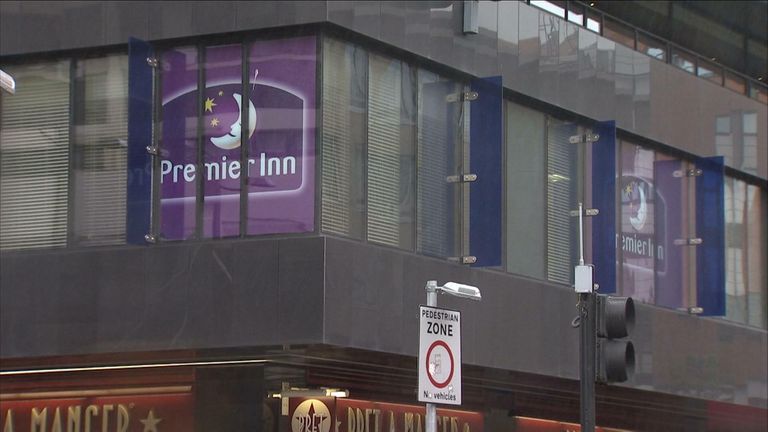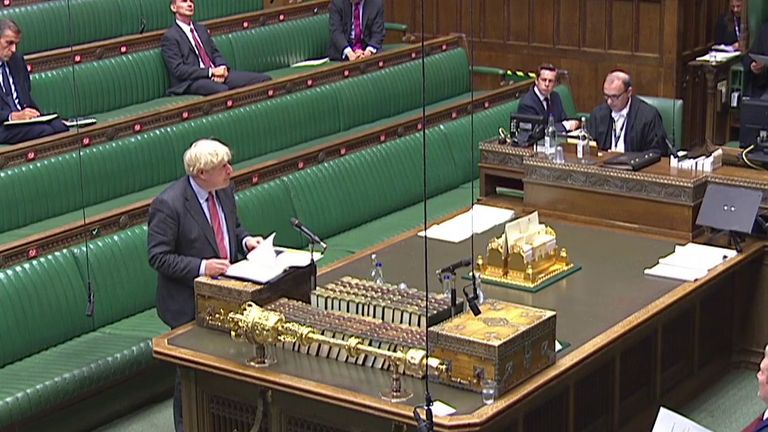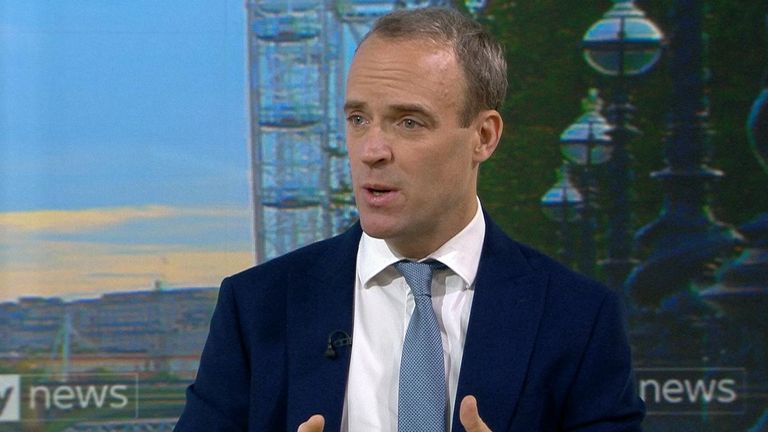The pace of UK business growth eased this month – denting economic recovery expectations from the coronavirus lockdown, according to a closely-watched survey.
IHS Markit’s Flash Purchasing Managers’ Index data showed a similar track for activity across much of Europe as nations impose tighter rules to curb rising COVID-19 infection rates.
The early data showed a loss of momentum during September, particularly in consumer-facing businesses following the conclusion of the government’s Eat Out to Help Out scheme which ran during the previous month.
The composite PMI index, in which a reading above 50 represents growth, came in at 55.7.
The figure, which also incorporates manufacturing activity, represented a three-month low on the back of August’s 59.1 – – a six-year high as staycationers supported the hospitality sector aided by the discounted meals scheme.
The report’s authors said both the services and manufacturing sectors reported a slowdown in new orders.
The Bank of England expects growth domestic product (GDP) in the current third quarter of the year to be 7% lower than its pre-pandemic level following the 20% collapse witnessed between April and June as the lockdown forced large parts of the economy into effective hibernation.
IHS Markit had earlier reported that the eurozone was facing the same easing in activity – with a PMI reading of 50.1.
That is perilously close to a contraction and reflects the more advanced nature of COVID-19 infection paths on the continent and efforts to contain outbreaks, the report said.
It cited particular weakness in services, with manufacturing demand propping up the composite reading.
The data failed to damage sentiment on European stock markets which all moved to recover deep damage to values inflicted on Monday.
The FTSE 100 rallied by more than 2% – aided by continued weakness for the pound.
It has endured its weakest month since 2016 on the back of Brexit jitters and renewed worries for the economy based on coronavirus restrictions.
IHS Markit economist Chris Williamson warned: “Unemployment is likely to soon start rising sharply … (which) raises fears that growth could fade further as we head into the winter months, especially as lockdown measures are tightened further.”
The Bank has forecast a jobless of 7.5% by the year’s end – up from a current 4.1% as the Treasury’s Job Retention Scheme winds down ahead of its conclusion next month.
Before tightening the COVID-19 rules on Tuesday, the government was already under pressure to find a successor to the furlough scheme to aid businesses and activities which have been unable to re-open since March.



